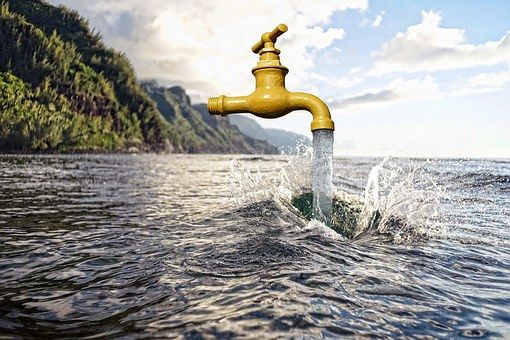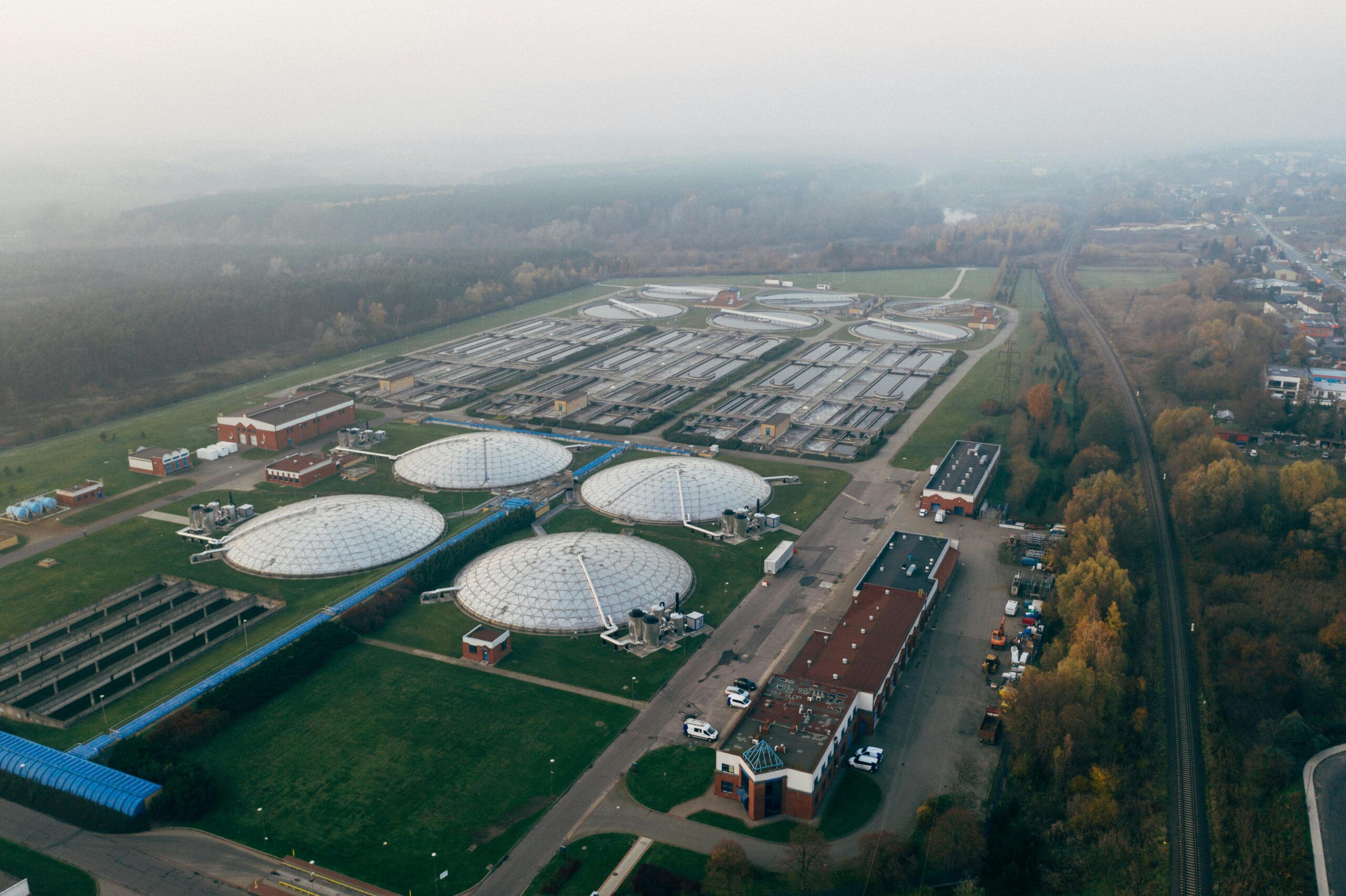-
- Improved monitoring of chemical contaminants, pathogens and antimicrobial resistance.
- Drug and cosmetic manufacturers and Member States should finance additional treatment against micropollutants.
- Boosting the re-use of waste water to avoid water shortages
MEPs on Wednesday gave the green light to new rules on the collection, treatment and discharge of urban waste water.
The plenary adopted, with 481 votes in favour, 79 against and 26 abstentions, the agreement reached with the EU Council in January to update standards on urban waste water management and treatment, with the aim of improving the protection of public health and the environment.
By 2035, urban wastewater must undergo secondary treatment (i.e. the removal of biodegradable organic matter) before being discharged into the environment in all agglomerations of 1 000 or more population equivalents (a standard unit of measurement describing the average pollution emitted by one person per day). By 2039, tertiary treatment (for nitrogen and phosphorus removal) must be applied in all water treatment plants covering 150,000 population equivalents and above, and by 2045 from 10,000 population equivalents. Additional treatment to remove micropollutants (quaternary treatment) will be mandatory for plants from 150,000 population equivalents (and more than 10,000 population equivalents based on a risk assessment) by 2045.

New EU standards for more efficient urban wastewater treatment and monitoring |
Monitoring will be tightened for several health parameters (such as known viruses and emerging pathogens), chemical contaminants, including substances that remain long in water (such as perfluoroalkylated and polyfluoroalkylated substances (PFAS)), microplastics and antimicrobial resistance.
The regulation introduces the principle of extended producer responsibility for medicinal products for human use and cosmetics, to cover the costs of quaternary treatment (to remove micropollutants). At least 80% of the cost will be borne by manufacturers, supplemented by national funding.
National authorities should promote the reuse of treated wastewater in plants, especially in water-stressed areas.
Statement by the rapporteur
Nils Torvalds (Renew, Finland) said: “This legislation will improve water management and wastewater treatment standards in Europe, especially with regard to micropollutants from medicines and personal care products. We have ensured that the impact of the legislation on the affordability of medicines will not be disproportionate and that the most harmful contaminants, such as PFASs, will be adequately monitored and dealt with”.
Next steps
The Council must formally approve the agreement before it enters into force.
The proposal presented by the Commission in October 2022 is in line with the EU’s objectives in the field of climate action, circular economy and pollution reduction. It is one of the key initiatives in the EU’s zero pollution action plan for air, water and soil.
More information: European Parliament







Leave a Reply